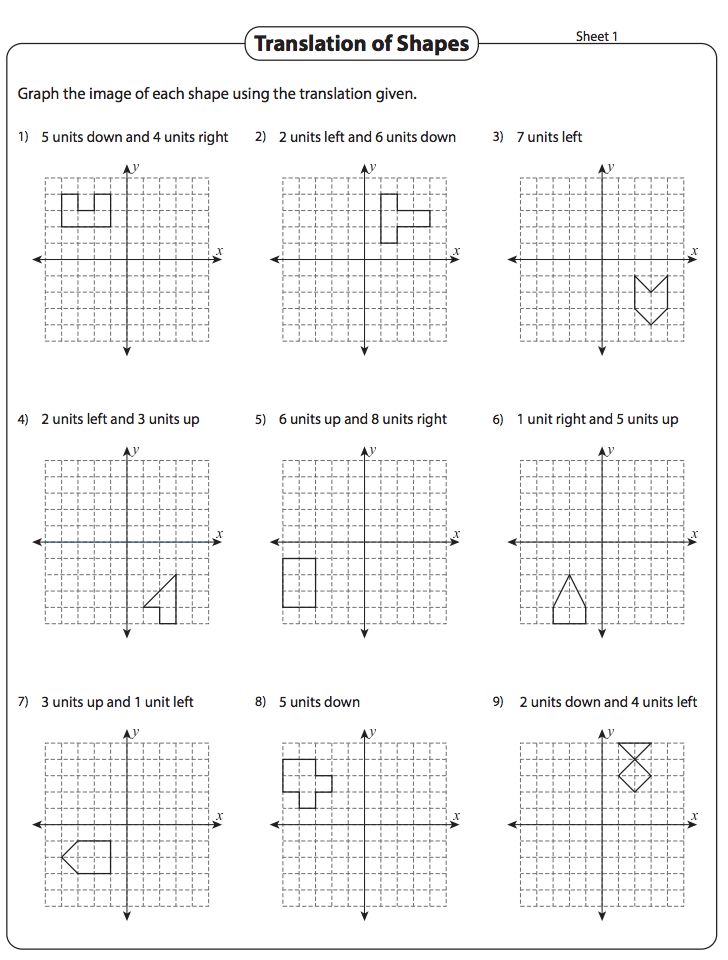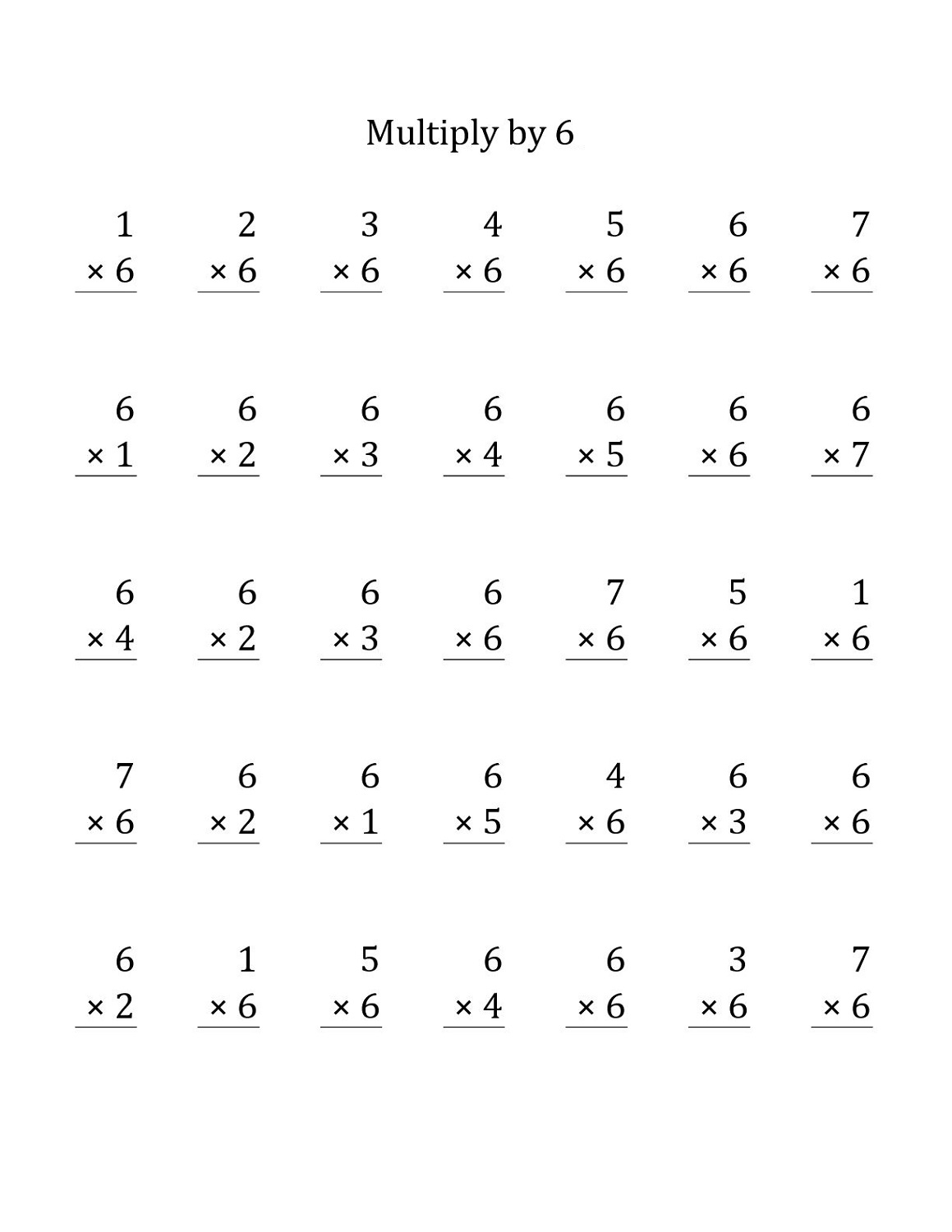Master Rotations on Coordinate Plane with This Worksheet

Mastering rotations on the coordinate plane is essential for students of mathematics, particularly those who delve into geometry or trigonometry. A rotation involves turning a figure around a central point, called the pivot or center of rotation, by a specified angle in either a clockwise or counterclockwise direction. This guide will serve as your comprehensive worksheet to understand and practice rotations, ensuring that you grasp this concept with ease and confidence.
Understanding Rotations

Before we dive into the practical application, let’s clarify the fundamental principles of rotations:
- Direction: Rotation can be performed either clockwise or counterclockwise.
- Angle: The degree measure of rotation indicates how much the figure turns.
- Point of Rotation: This is the fixed point around which the shape or point is turned.
- Resultant Position: Post-rotation, each point on the original figure moves to a new position based on the angle and direction of rotation.
How to Perform a Rotation

To rotate a figure or point, follow these steps:
- Identify the Center: This could be an origin (0,0) or any other point on the plane.
- Determine the Angle: Measure the degrees of rotation, which could be given in multiples of 90° or any other degree measure.
- Establish Direction: Decide whether the rotation is clockwise or counterclockwise.
- Apply the Rotation: Use geometric construction or formulae to find the new position of each point:
- For a 90° rotation counterclockwise: (x, y) becomes (-y, x).
- For a 90° rotation clockwise: (x, y) becomes (y, -x).
- For a 180° rotation: (x, y) becomes (-x, -y).
- For a 270° rotation counterclockwise (or -90°): (x, y) becomes (y, -x).
- Plot the New Points: After calculating, plot each new point on the coordinate plane.

📝 Note: When dealing with rotations in geometry, always ensure that the point of rotation and direction are clearly established before proceeding with the rotation.
Rotations Worksheet

Let’s solidify our understanding through practical exercises:
Problem 1:

Rotate point A(3, 2) counterclockwise around the origin by 90°.
Solution:
Using the rule for a 90° counterclockwise rotation:
A(3, 2) → A’(-2, 3)
New Point: A’ is at (-2, 3).
Problem 2:

Rotate the point B(-4, -3) by 180°.
Solution:
Using the 180° rotation rule:
B(-4, -3) → B’(4, 3)
New Point: B’ is at (4, 3).
Problem 3:

Rotate the line segment with endpoints C(2, 1) and D(4, -2) by 90° clockwise.
Solution:
Using the rule for a 90° clockwise rotation:
- C(2, 1) → C’(1, -2)
- D(4, -2) → D’(-2, -4)
New Coordinates: C’ is at (1, -2), and D’ is at (-2, -4).
Problem 4:

Rotate the square with vertices at E(0,0), F(1,0), G(1,1), and H(0,1) around the origin by 90° counterclockwise.
Solution:
Applying the rule:
- E(0,0) → E’(0,0)
- F(1,0) → F’(0,1)
- G(1,1) → G’(-1,1)
- H(0,1) → H’(-1,0)
New Vertices: The square after rotation has vertices at (0,0), (0,1), (-1,1), and (-1,0).
Using Technology for Rotations

Modern geometry software can simulate rotations with ease. Here’s how:
- Geometric Software: Programs like GeoGebra allow users to input vertices and rotate figures around any point with a specified angle.
- Online Calculators: Various online tools exist to calculate the new coordinates after a rotation, making the process both fun and educational.
In summary, rotations are a fundamental transformation in geometry, and understanding them opens doors to a deeper comprehension of spatial relationships and transformations. By practicing rotations using various methods outlined in this worksheet, you've equipped yourself with the skills to tackle complex geometric problems involving transformations. Remember, the key to mastering rotations is to consistently apply the rules and understand the geometrical consequences of each turn.
What is the rule for rotating a point 90° counterclockwise?

+
For a 90° counterclockwise rotation, a point (x, y) becomes (-y, x).
Can rotation angles be negative?

+
Yes, negative angles indicate a rotation in the clockwise direction.
What does it mean when a figure is rotated around a point other than the origin?

+
Rotating around a point other than the origin means that the figure turns around that specific point on the coordinate plane. This point becomes the new pivot, and calculations for new coordinates must account for this shift.
Are there shortcuts to remember rotation rules?

+
Yes, one mnemonic is to remember the 90° rotation rules as “Kicks” - where the first coordinate is “kicked” to the second coordinate’s position with a sign change, while the second remains unchanged or changes sign based on direction.
Related Terms:
- Rotation worksheet with answers PDF



